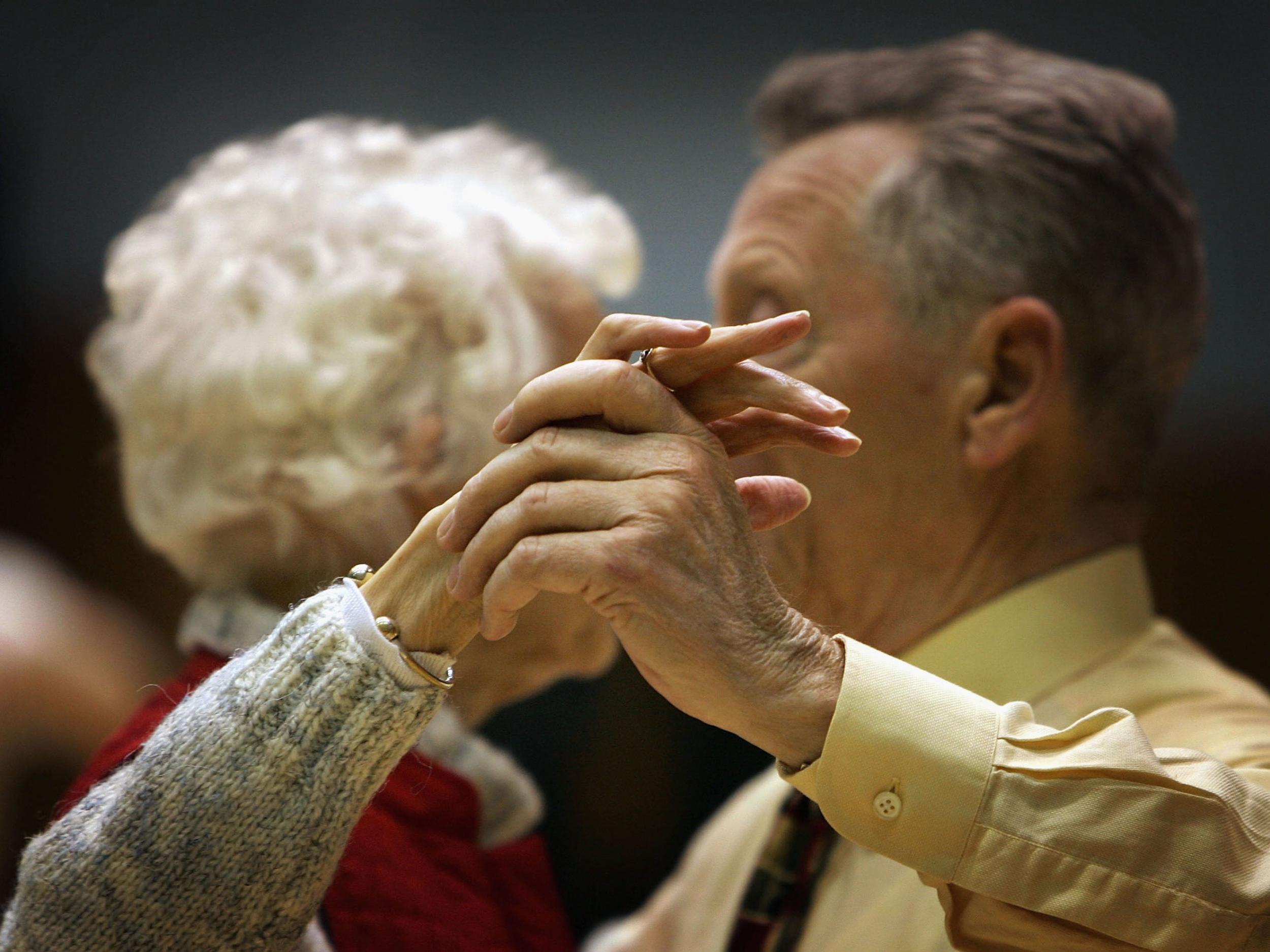It is down to the government to administer means-tested benefits – not the BBC
It is plain wrong that the government should dodge the blame for cutting universal TV licence provision for over-75s through bureaucratic sleight of hand

Like the corporation itself, the BBC licence fee is approaching its centenary. Since 1923 it has helped the BBC inform, educate and entertain successive generations, with often brilliant broadcasting on the wireless, television and, now, via its vast web and social media operations. The one thing the BBC is exceptionally poorly suited to, and was never designed to be, is an arm of the benefits system. This it was persuaded to do three years ago in return for a guarantee of uprating the licence fee in line with inflation. It has taken on the responsibility for the subsidy required for the over 75s to enjoy a free licence that was originally funded by HM Treasury.
Whatever pressure was placed on the BBC to do so by the government, this was a mistake. The BBC now has to take the kind of tough decisions on what amounts to a kind of welfare benefit that should properly be the job of politicians. By the same token, the politicians – today’s government ministers – must not be allowed to evade their responsibilities by dumping the blame on the BBC.
The BBC, in other words, should be making excellent programmes and working out how to rise to the challenge set by new megaliths such as Netflix; instead it is being pushed into administering a means test on Britain’s pensioners. Defining eligibility for a free licence by reference to pension credit is bristling with dangers – as it is a benefit that has to be claimed, it is not particularly easy to make such a claim and, arguably, there are poor pensioners who are not eligible for pension credit in any case. Thus some poorer pensioners will lose out by £154.50 a year.
Whatever the BBC decided to do about the free TV licence for the over 75s it was onto a loser. If it attempted to carry on under the current regime of a statutorily mandated subsidy funded by the licence fee, and one that was growing rapidly because of Britain’s ageing population, it would have meant a squeeze on programme-making that would have led to a deterioration in the quality of the services now provided.
If the BBC decided to drop the subsidy entirely it would be accused of attacking pensioners, who use the BBC more than any other age group. If, as now, it introduces a means-test as a sort of compromise it ends up alienating everyone; its numerous enemies and supporters alike.
So the question of the over-75s free TV licence should be tossed back to the government, and the Treasury, the Department for Digital, Culture, Media and Sport and the Department for Work and Pensions.
If Philip Hammond, Jeremy Wright and Amber Rudd can spare a moment or two from the Brexit crisis and the Tory leadership contest, they can work out whether the nation wishes to maintain this concession to its older citizens and, if so, under what conditions. They can then be held accountable to parliament for their actions. That is how it should be, Brexit or no Brexit. It is plain wrong that the government should dodge the blame for a politically unpopular and damaging decision through bureaucratic sleight of hand.
Yet even if the BBC abolished the subsidy entirely it would still be left in the slow grind of a funding crisis, as it has been for some decades now, rarely finding a ready ear in Whitehall. ’Twas ever thus, under governments of all parties, with the BBC traditionally regarded as a nest of enemies. From Harold Wilson through to Margaret Thatcher and Tony Blair down to the vendettas pursued by the likes of Nigel Farage, the BBC has been viewed with a mixture of fear and loathing by many leading politicians, which perhaps suggests that its journalists have been doing something right.
Today, though, comes an even more potent threat – the external one from competitors such as Netflix and YouTube. Hit shows such as The Crown and Game of Thrones demonstrate that a necessary, though not sufficient, condition for success in the 21st century is money – lots of it. These global organisations dwarf the BBC’s production budgets, and it is a tribute to the BBC that it has been able to punch above its weight for as long as it has.
The licence fee may survive, as the least bad way of funding the domestic service, but some form of subscription model for national or international audiences will have to be grafted on in order to ensure the survival of the BBC. As in other industries, the BBC will also need to collaborate with other organisations, some “state” broadcasters, others purely commercial, in order to gain the economies of scale it needs to attract audiences across its platforms.
It has made a start on this with the BritBox project alongside ITV, which should evolve from a streaming service into a production house. However, talks between the BBC and ITV are said to be tense, and Channel 4 isn’t involved at all; so much for creating a national champion. The row about the right of older folk to watch EastEnders, Match of the Day and Strictly for nothing is the least of the BBC’s troubles. By rights it should be the government’s problem anyway. The BBC needs to say so.
Join our commenting forum
Join thought-provoking conversations, follow other Independent readers and see their replies
Comments
Bookmark popover
Removed from bookmarks